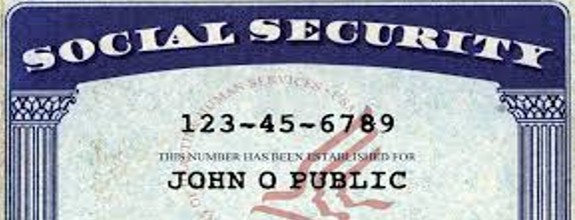A bill introduced in the U.S. House of Representatives would exclude Social Security benefits from being classified as federally taxable income starting in 2023. Currently, about half of people receiving Social Security pay taxes on their benefits — if this passes, they would no longer do so.
H.R. 8717 — called the “You Earned It, You Keep It Act” — was introduced by Rep. Angie Craig (D-Minn.). Here’s what you need to know about how Social Security works now, and what the bill would do.
Income tax brackets generally are adjusted for inflation each year. But not since 1984 has there been an adjustment to the income thresholds that determine whether, or how much of your Social Security benefits are taxable. That was the first year benefits became taxable.
How bad has the problem become since then? Initially, less than 10% of Social Security recipients were expected to owe taxes on their benefits. Now, Uncle Sam is reaching into the pockets of about half of recipients.
Representative Craig’s legislation seeks to eliminate the unjust double tax on Social Security benefits that Americans have been forced to pay for nearly 40 years. The You Earned It, You Keep It Act would repeal all of the federal taxation on Social Security benefits beginning in 2023, putting money directly into the pockets of middle-class retirees.
The tax cuts would have no effect on the monthly benefits that enrollees receive each month – and would be fully paid for by raising the cap for individuals earning more than $250,000 annually and asking them to continue paying into Social Security each year.
Up to 85 percent of Social Security benefits can be subject to taxation if an individual has a combined income of $25,000 and married couples filing jointly have a combined income of $32,000. Had income thresholds been adjusted for inflation, they would be about $62,902 for individuals and $80,515 for joint filers in 2020.
Disclaimer: On January 4, 2016, the owner of WestEastonPA.com began serving on the West Easton Council following an election. Postings and all content found on this website are the opinions of Matthew A. Dees and may not necessarily represent the opinion of the governing body for The Borough of West Easton.





